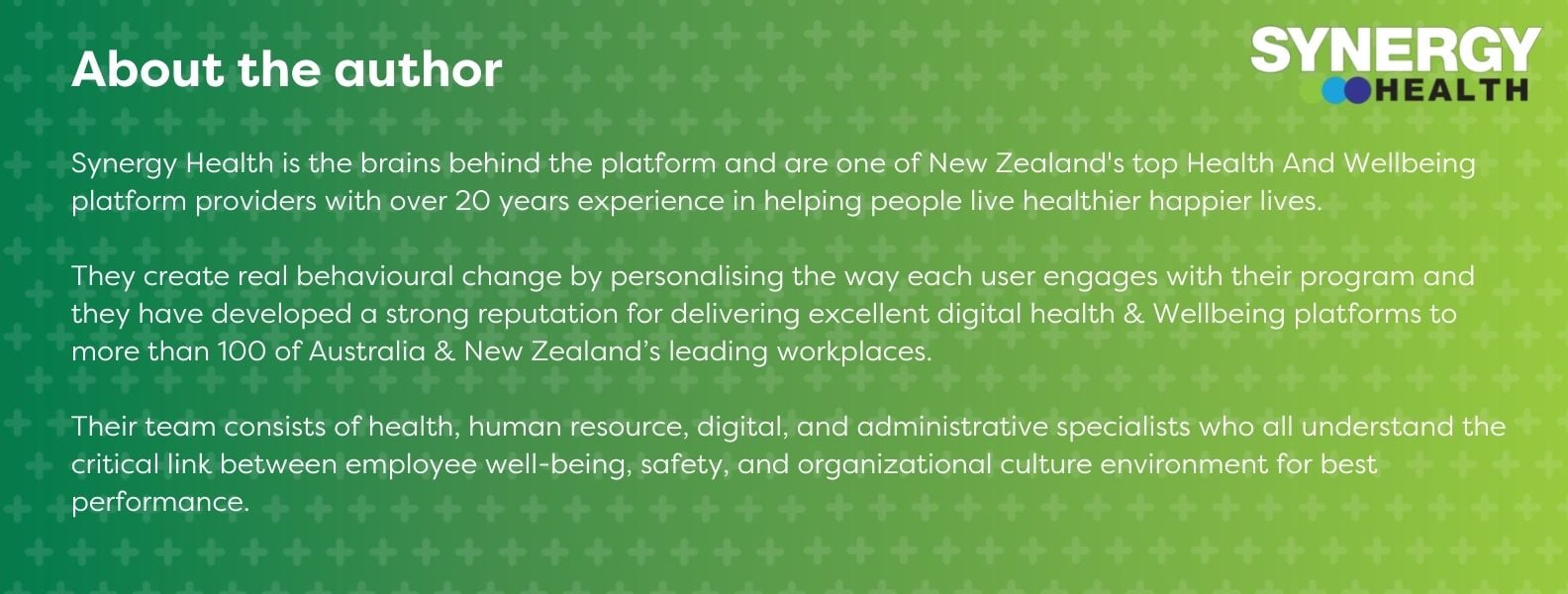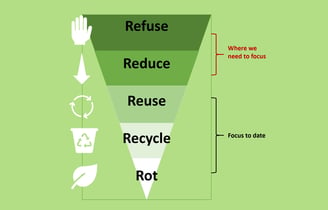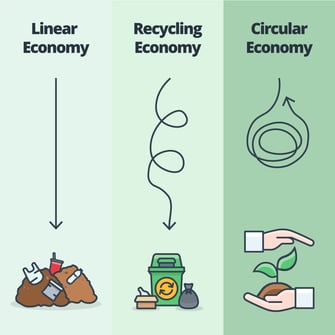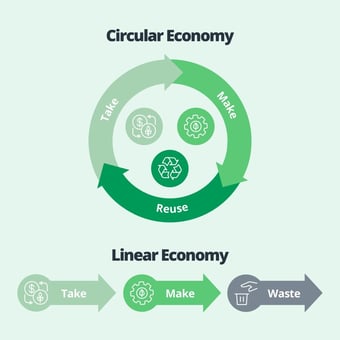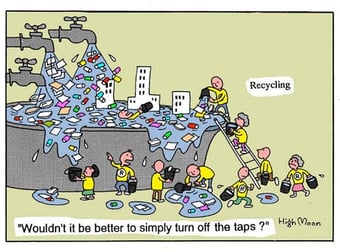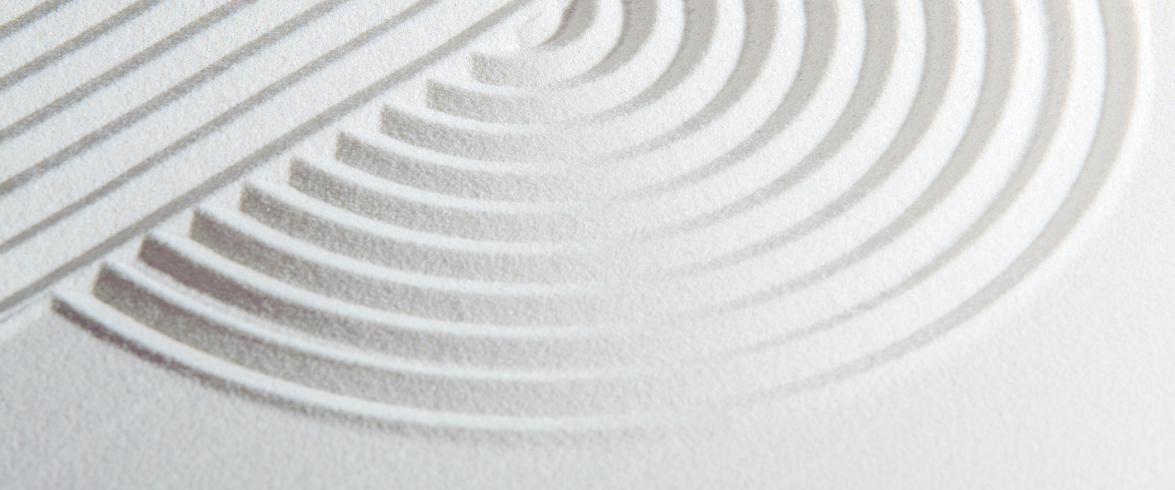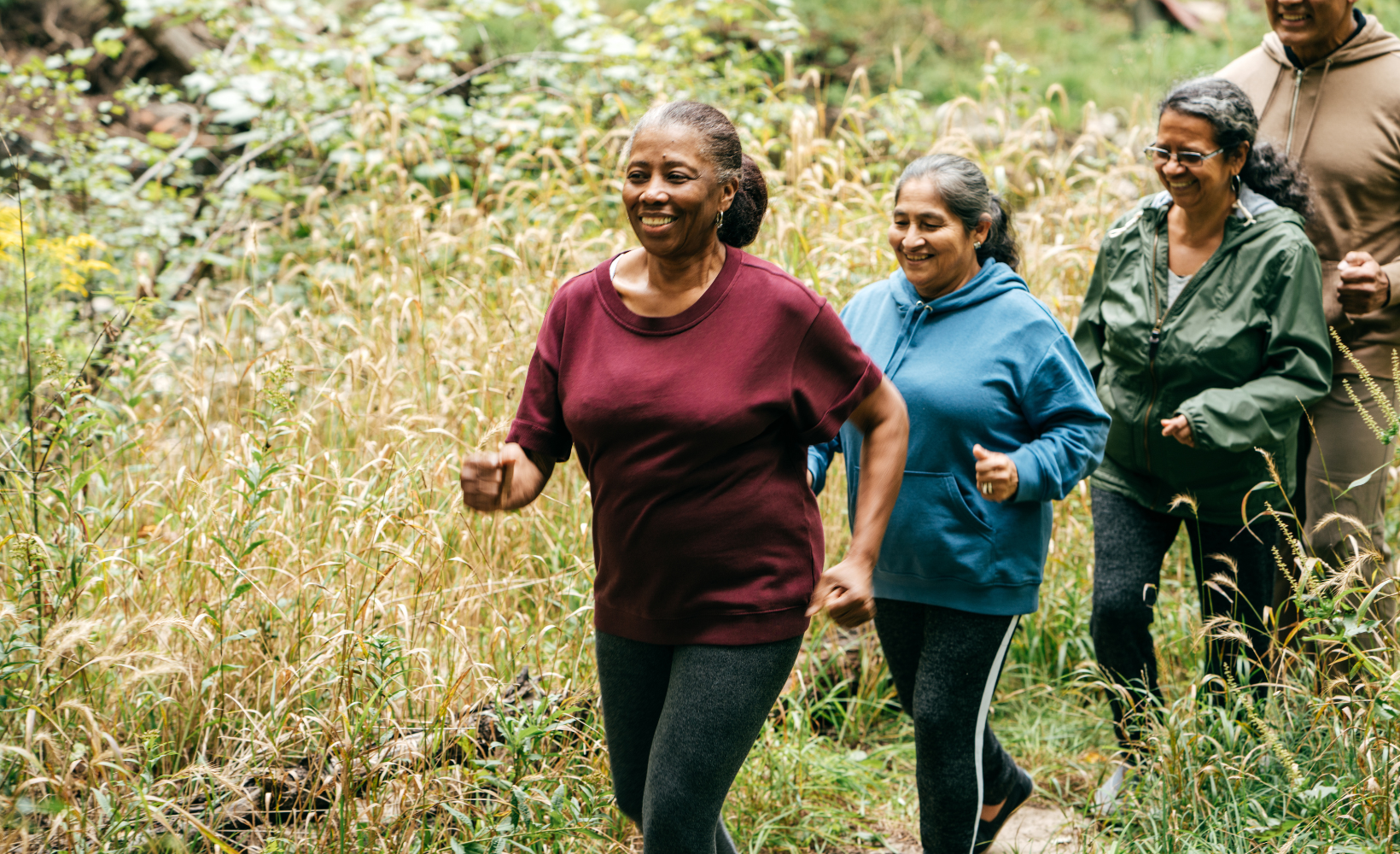As consumers, waste starts with us and ends with us so why not make choices that help us get to zero waste?
We currently live in a linear economy where we take, make and dispose, producing too much waste! This is unsustainable. However, we can all play a part in conserving our valuable resources and closing the loop on waste by living just that little bit lighter on this Earth. Read more about this here.
Currently, we overshoot the planet's resources by 1.7 Earths and by 2030 trends show we will need two planets to keep up with demand; in reality, we have one Earth. We need to start living within our means.
Start your zero waste journey by implementing the 5 R’s: Refuse, Reduce, Reuse, Recycle, and Rot (in that order!) Refusing is the first question we must ask ourselves, and the one with the most impact as it produces no waste at all. If we can't refuse, we must reduce, then reuse, and finally consider recycling before rotting (composting).
There are many little (and big) changes you can make in your everyday life today that can bring about a real positive impact, which over time cannot be understated. And along the way, you might just find a new favourite product that is zero waste or quality-built to withstand multiple uses!
If you are not a registered GoodForYou user, you can Register here. Once you've done that or you are already a registered GoodForYou user then click the link below and start the challenge.
Designed by Synergy Health, the team behind our GoodForYou wellbeing program, this challenge is to provide you with the resources and information you need to commit to a zero-waste week.
Before you start, here is a quick look at what's involved:
DAY 1 - REFUSEBe mindful as you go through your day. What are you putting in the bin? Can you say "no" to these items and refuse them from now on? |
|
DAY 2 - REDUCEReduce unnecessary waste by avoiding those pointless purchases. Items that rarely get used can be borrowed or shared with others, alternatively, invest in items that you will reuse instead of purchasing multiple of the same item. Choose the products with the least possible plastic waste (eg. choose paper-wrapped products over those packaged in plastic). |
|
DAY 3 - REUSEReusing items is important as a lot of items we consume will take years, even decades to decompose. Reusing means we are extending the life of an item and reducing the need for raw materials. |
|
DAY 4 - RECYCLEWe often think recycling is the best option, but this challenge and the hierarchy of 5 R's demonstrate we should take other steps before putting an item into the recycling bin. |
|
